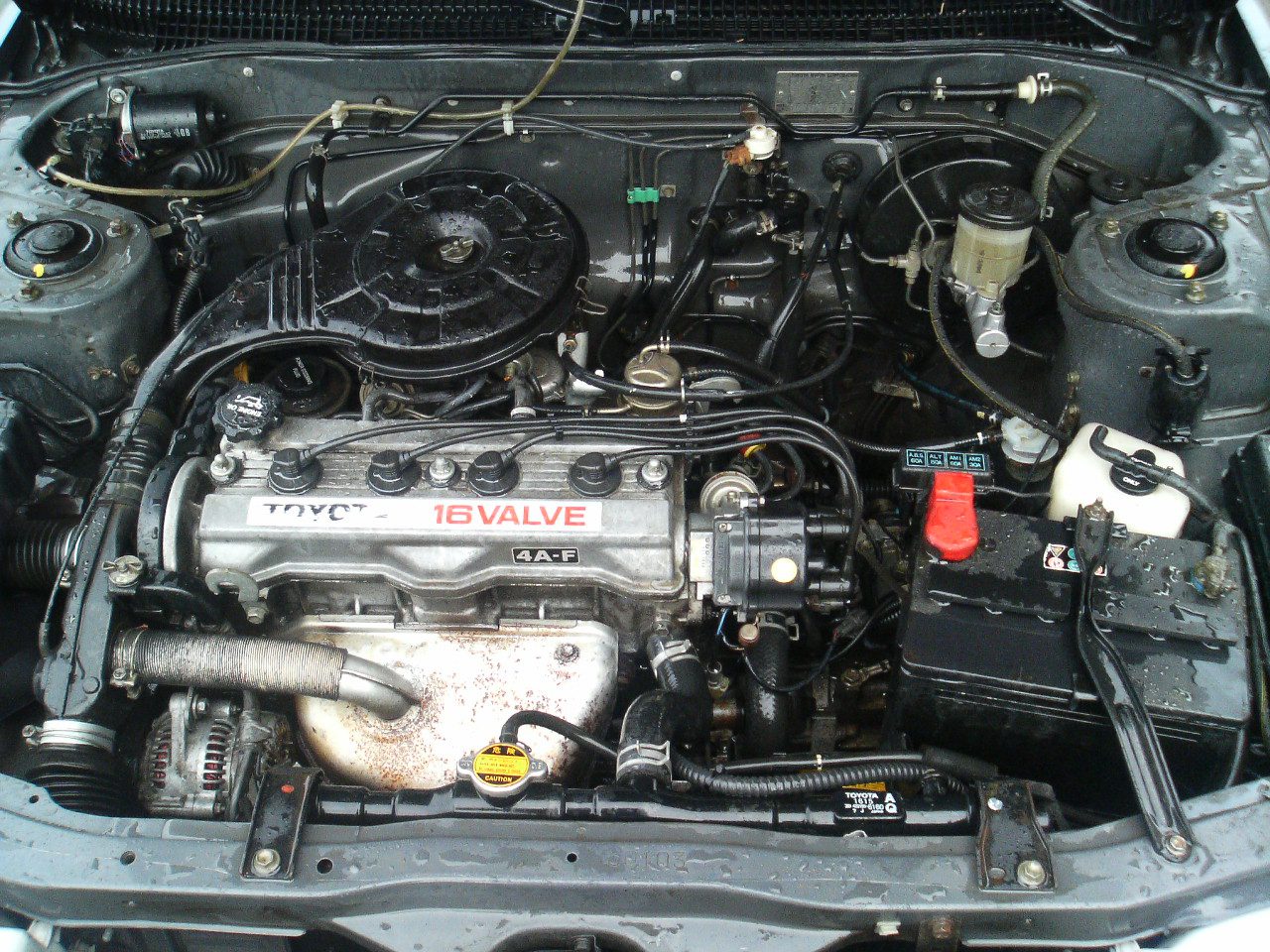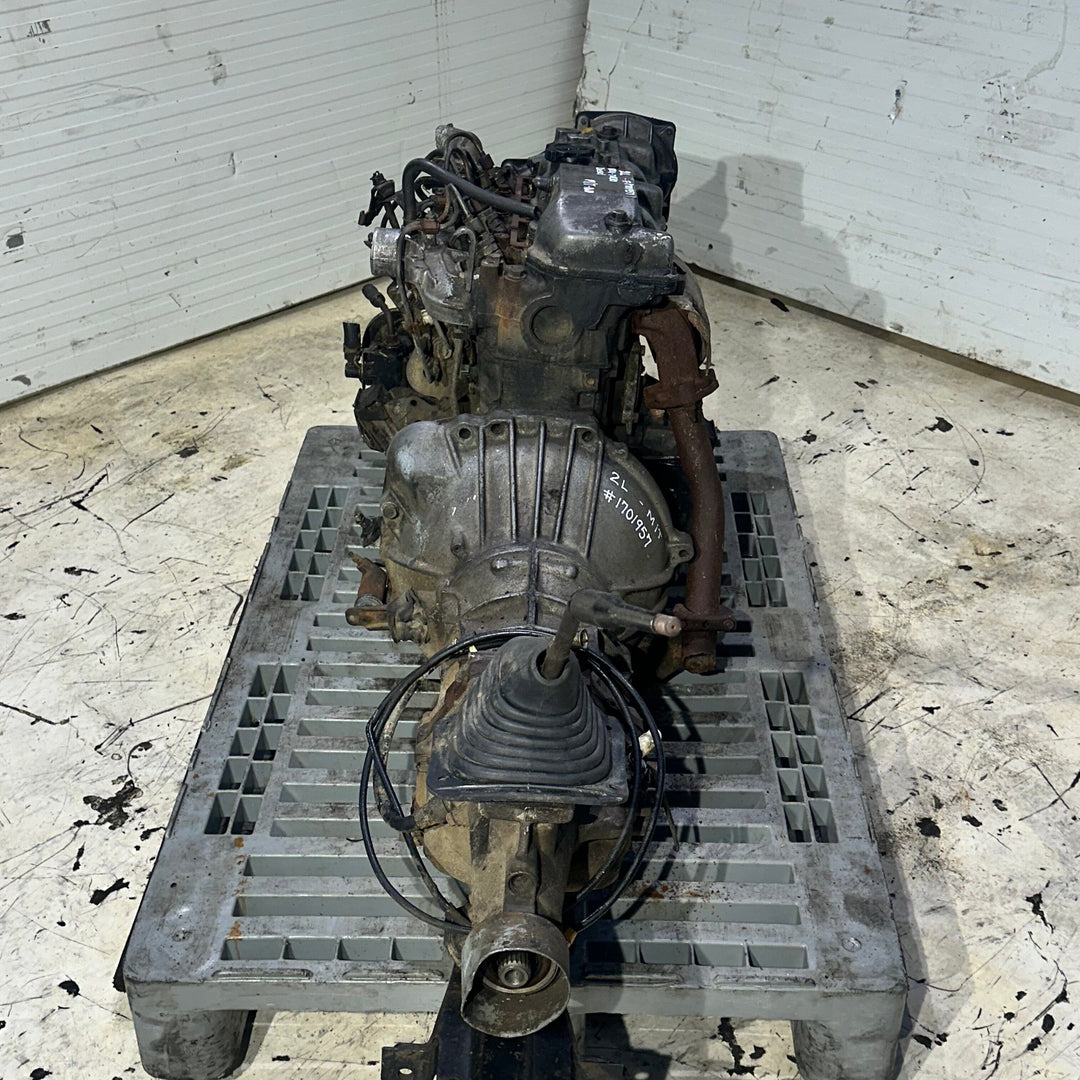Find the most effective Deals on the Toyota RunX RSI and Find Out Why It's Worth It
Find the most effective Deals on the Toyota RunX RSI and Find Out Why It's Worth It
Blog Article
Explore High Quality and Worth: Your Overview to Acquiring a Pre-owned Engine
When considering the acquisition of a second-hand engine, recognizing the intricate equilibrium in between high quality and worth is extremely important. An extensive assessment of engine problem, history, and dependability is necessary to guarantee a sound investment. By performing appropriate evaluations and study, prospective customers can browse the complexities of the market much more properly. Nonetheless, the subtleties of guarantee choices and rates approaches can dramatically affect the overall decision-making process. As you consider these elements, one question remains: what particular aspects will eventually lead your option in this vital investment?
Comprehending Engine Kind
When thinking about the purchase of a pre-owned engine, understanding of the various engine kinds is essential for making an informed choice. Engines can generally be classified into two main types: interior burning engines and electrical engines. Internal burning engines, that include gasoline and diesel variations, rely upon the combustion of fuel to produce power. Fuel engines are typically lighter and rev higher, making them ideal for performance vehicles, while diesel motor are renowned for their torque and gas efficiency, often favored in heavy-duty applications.
On the various other hand, electrical engines make use of electricity stored in batteries to power the car, using a cleaner choice with less relocating components and decreased maintenance needs. Within these groups, there are additionally distinctions, such as four-stroke versus two-stroke interior combustion engines, and different electrical motor setups.
Comprehending these distinctions is important, as they affect performance, compatibility with existing automobile systems, and lasting operational expenses. By familiarizing oneself with the different kinds of engines readily available, possible purchasers can much better examine their needs and make options that straighten with their vehicle's demands and their personal choices.

Examining Engine Condition
A thorough assessment of engine condition is vital for any person considering the purchase of a used engine. Begin with a visual evaluation; look for signs of oil leaks, corrosion, or any kind of physical damages to the engine block. A clean engine is usually a sign of good upkeep practices, while extreme gunk may recommend neglect.
Following, assess the engine's components, consisting of the timing belt, gaskets, and seals. Try to find wear and tear, as these parts can be pricey to change. Additionally, take a look at the engine installs, as harmed places may cause resonances and further mechanical concerns.
A compression examination is important to determine internal engine health. Consistent compression across all cyndrical tubes shows a well-maintained engine, whereas significant inconsistencies might direct to interior damage or wear.
Listening to the engine during a startup can provide useful understandings; any kind of unusual sounds, such as rattling or knocking, may suggest much deeper concerns. Lastly, when possible, demand a test run to evaluate performance under load. By diligently examining these factors, potential customers can make informed decisions and secure a quality second-hand engine.
Checking Engine Background
Recognizing the engine's background is crucial for making an educated acquisition. Expertise of previous usage, upkeep records, and any kind of previous problems can considerably affect the engine's dependability and longevity. Start by requesting the lorry identification number (VIN) or engine serial number, which enables you to map the engine's background.
Use offered resources, such as Carfax or AutoCheck, to acquire a car background record. This record will certainly offer crucial understandings, including accident background, solution documents, and previous ownership details. Toyota RunX RSI. Pay certain interest to any indications of serious damages or duplicated fixings, which might indicate underlying concerns
Inquire concerning maintenance routines done on the engine. Regular oil adjustments, timing belt replacements, and various other safety nets mirror accountable possession. Furthermore, ask if the engine has actually undergone any type of adjustments, as non-standard modifications can influence efficiency and compatibility with your automobile.
Finally, if possible, seek confirmation from a relied on auto mechanic that can assess the engine's condition based on its background (Toyota RunX RSI). This comprehensive examination will certainly assist you prevent prospective challenges and make sure that your investment is audio and rewarding
Warranty and Return Policies
Purchasing a used engine typically comes with differing service warranty and return policies that can considerably impact your choice. When considering an utilized engine, it is vital to thoroughly review the service warranty choices click here for more info supplied by the seller. Some vendors may use minimal warranties that cover details parts for a defined duration, while others might offer even more detailed protection. Comprehending the conditions attached to these guarantees is essential, as they can affect the lasting value and dependability of your purchase.

Additionally, respectable sellers see page frequently provide documentation that details the guarantee and return process, making sure transparency. Constantly request for this details prior to finalizing your acquisition. A well-defined service warranty and return plan can offer satisfaction and secure your financial investment, making it an important component of the decision-making process when acquiring a used engine.
Finding the most effective Offers
When looking for the most effective offers on a second-hand engine, it is crucial to carry out thorough research study and compare costs from various sellers. Beginning by checking out on-line marketplaces, auto discussion forums, and neighborhood salvage yards to collect a thorough understanding of the market. Making use of price contrast tools can enhance this process, highlighting affordable rates throughout various platforms.

Think about timing your purchase tactically. Seasonal changes sought after can influence prices, with certain times of the year supplying much better deals. In addition, be open to discussing costs; lots of sellers might want to decrease their asking cost, especially if the useful reference engine has actually been provided for an extended duration.
Verdict
In recap, buying a used engine necessitates an extensive analysis of top quality and worth. Reviewing engine condition with examinations and inspections, confirming its history, and recognizing guarantee and return policies are crucial steps. In addition, comparing rates throughout different vendors guarantees the very best monetary choice. By adhering to these standards, buyers can improve their chances of acquiring a dependable engine that fulfills their needs while avoiding possible risks connected with used purchases.
When considering the acquisition of a used engine, understanding of the various engine kinds is important for making a notified choice. Engines can generally be categorized into two primary kinds: inner combustion engines and electric engines. Gasoline engines are generally lighter and rev greater, making them appropriate for performance cars, while diesel engines are renowned for their torque and gas effectiveness, frequently preferred in durable applications.
A comprehensive evaluation of engine condition is extremely important for any individual thinking about the purchase of a pre-owned engine. Beginning by requesting the vehicle identification number (VIN) or engine serial number, which allows you to map the engine's history.
Report this page